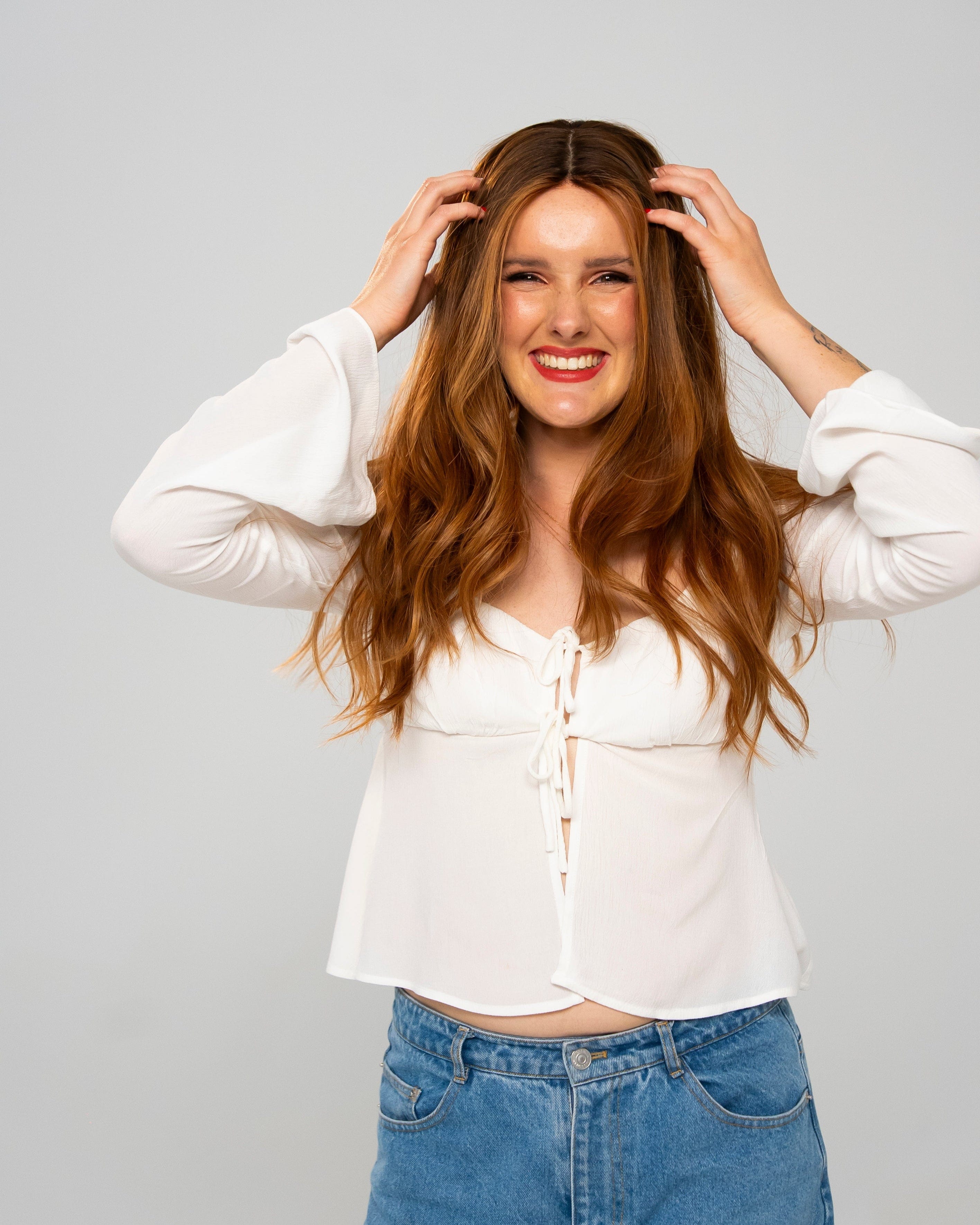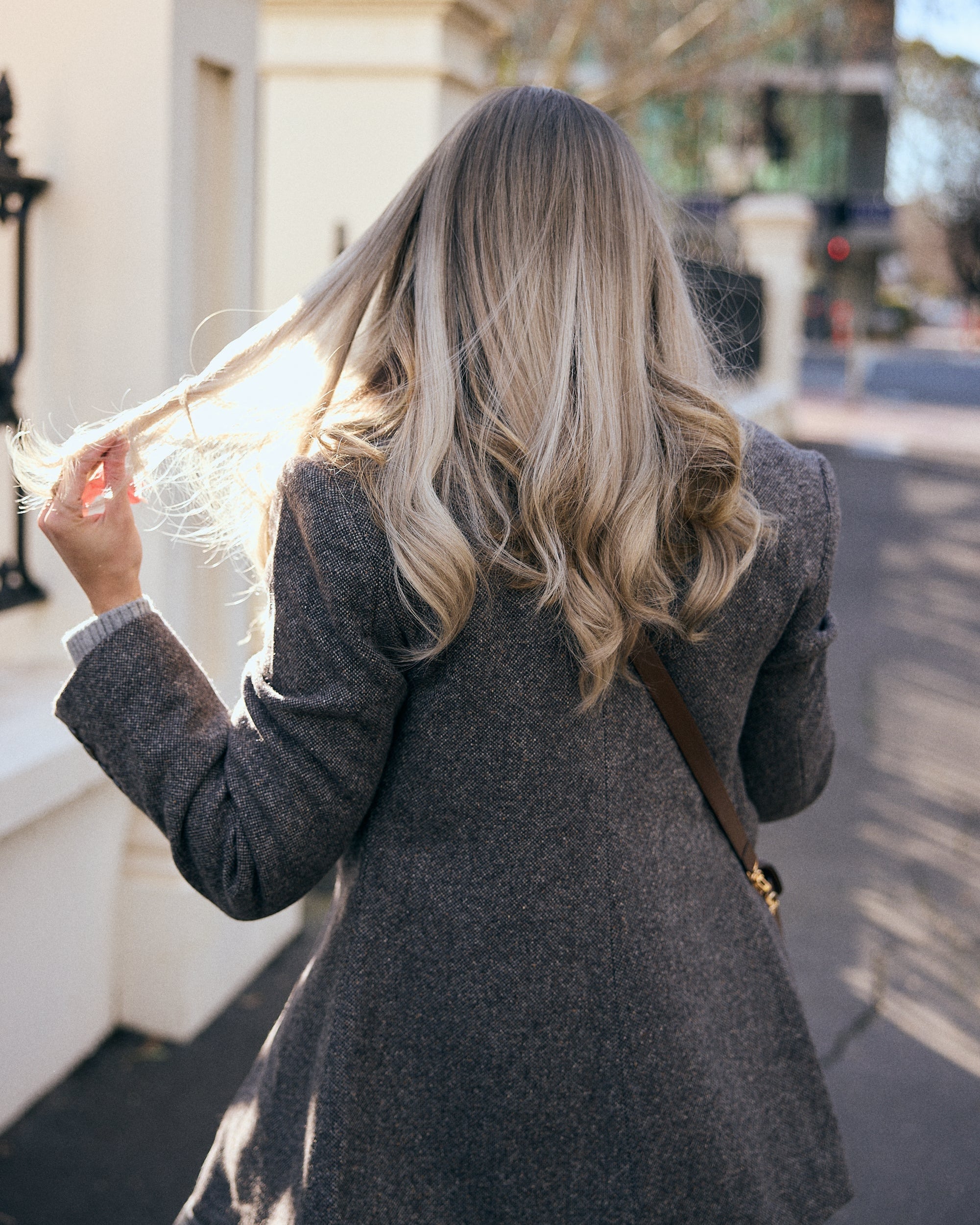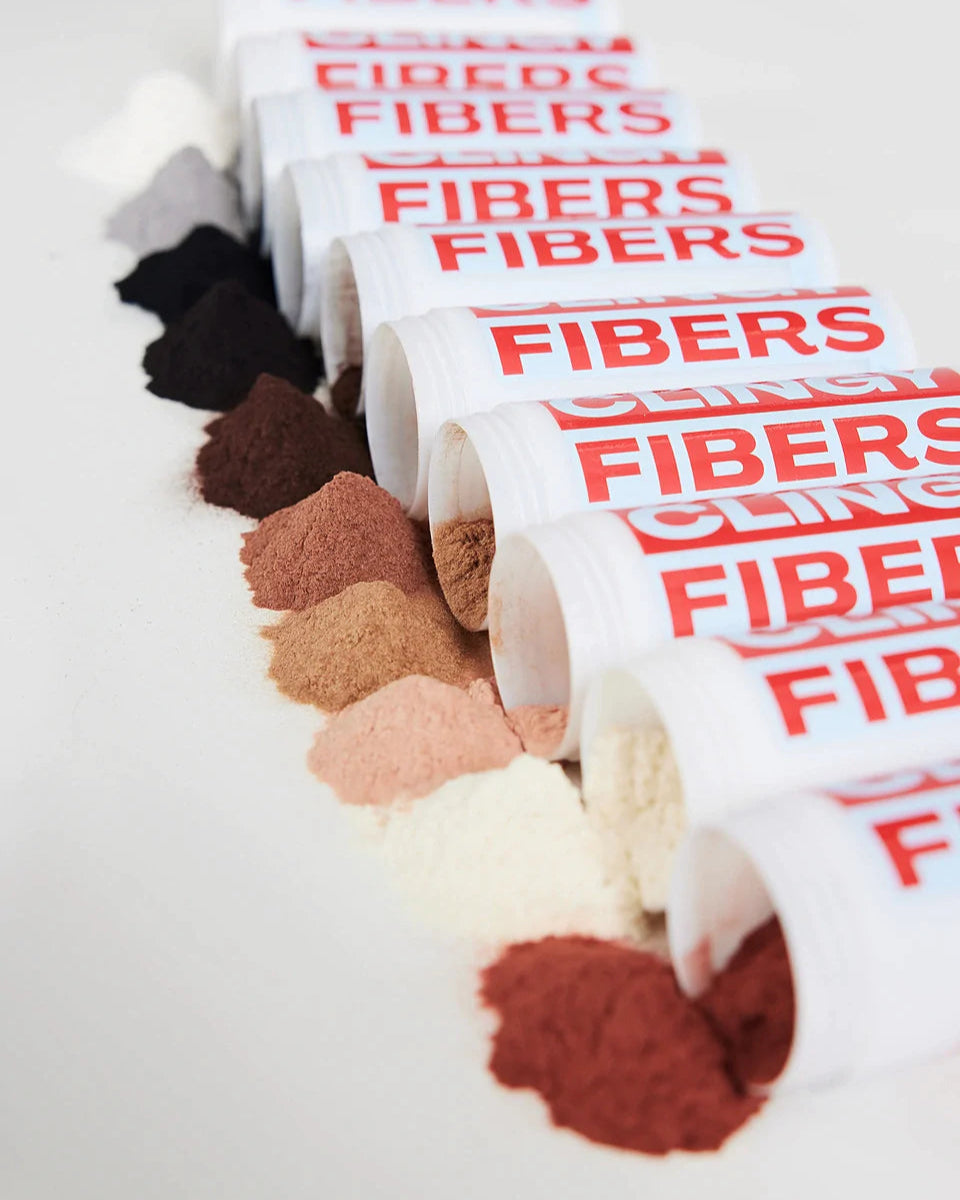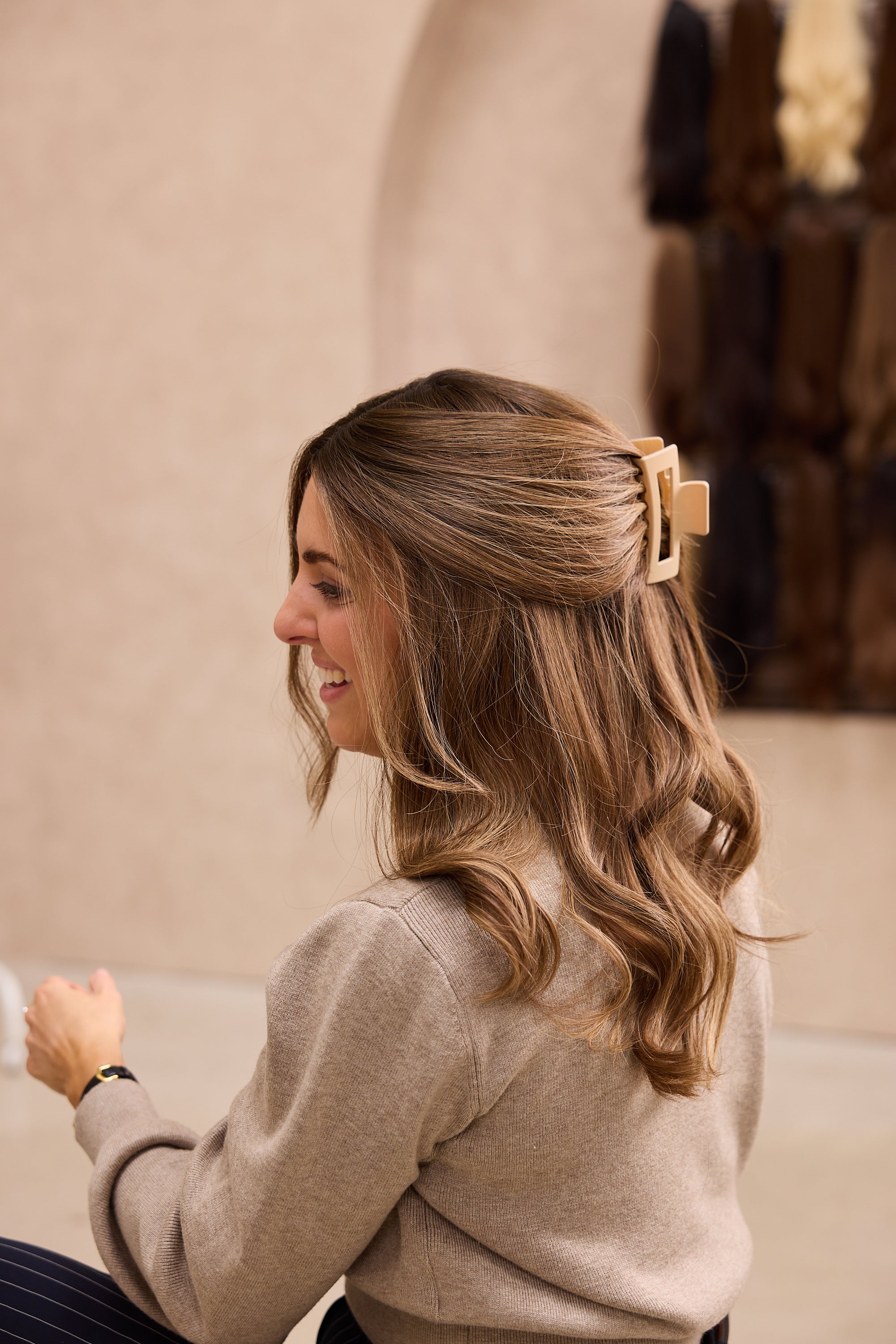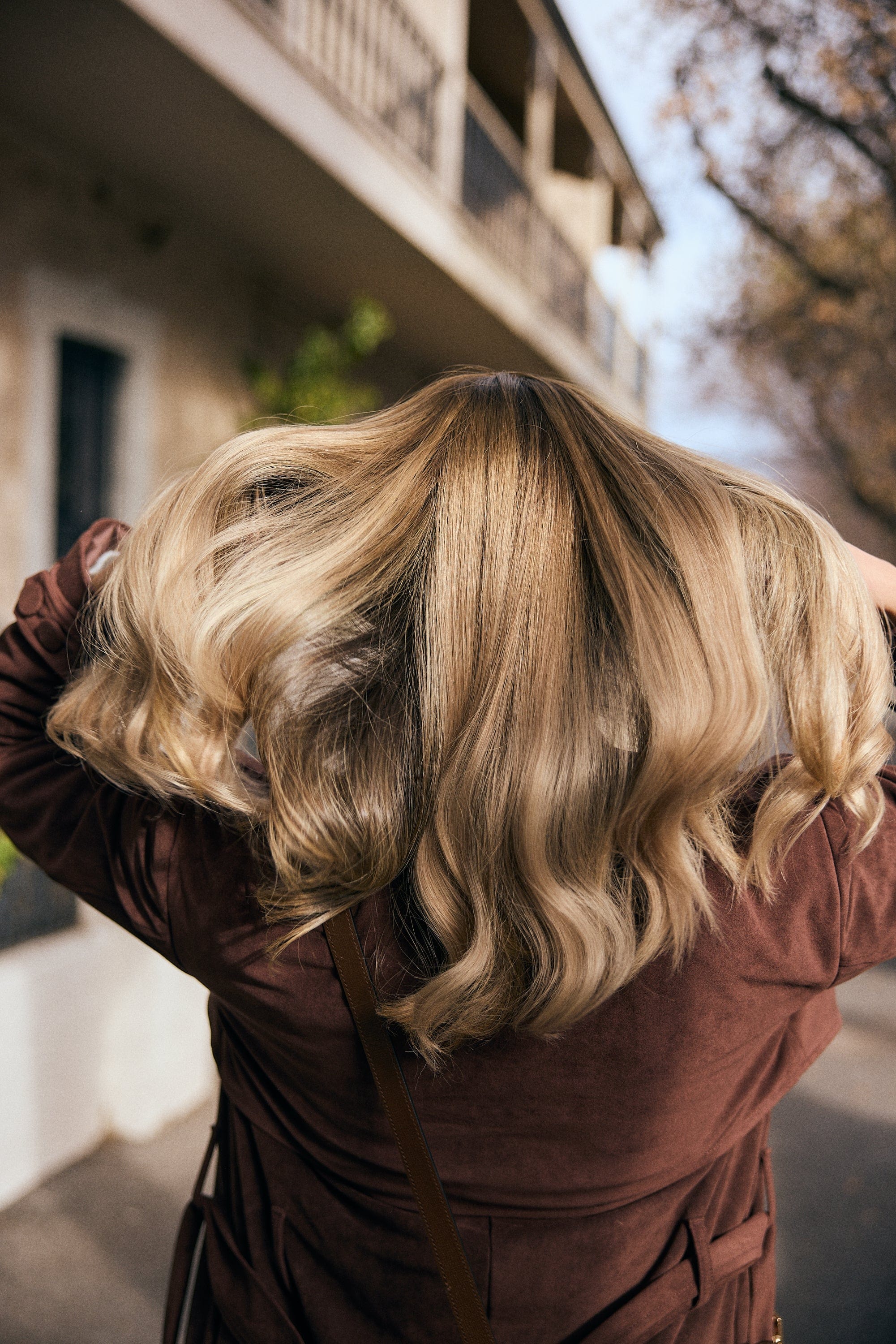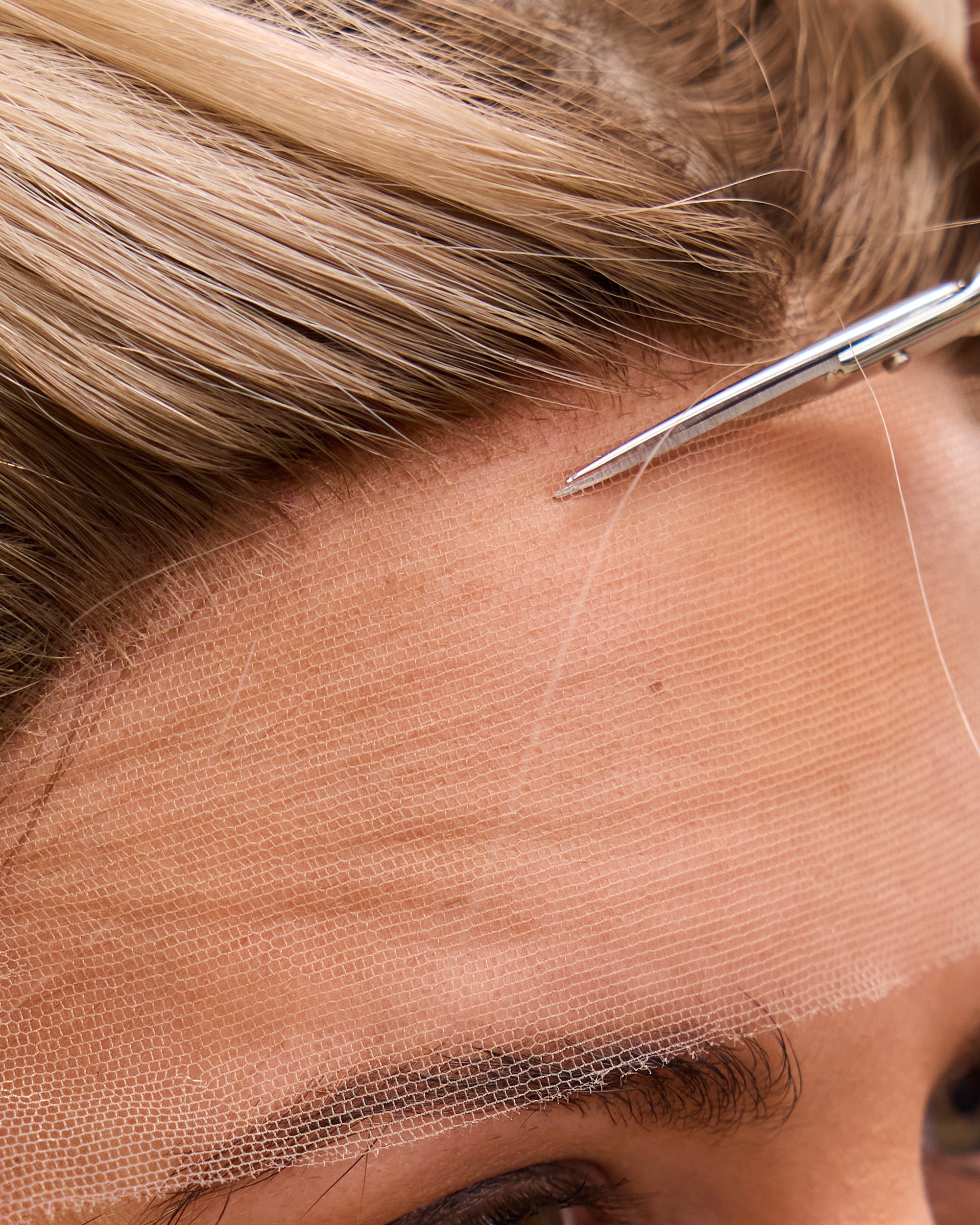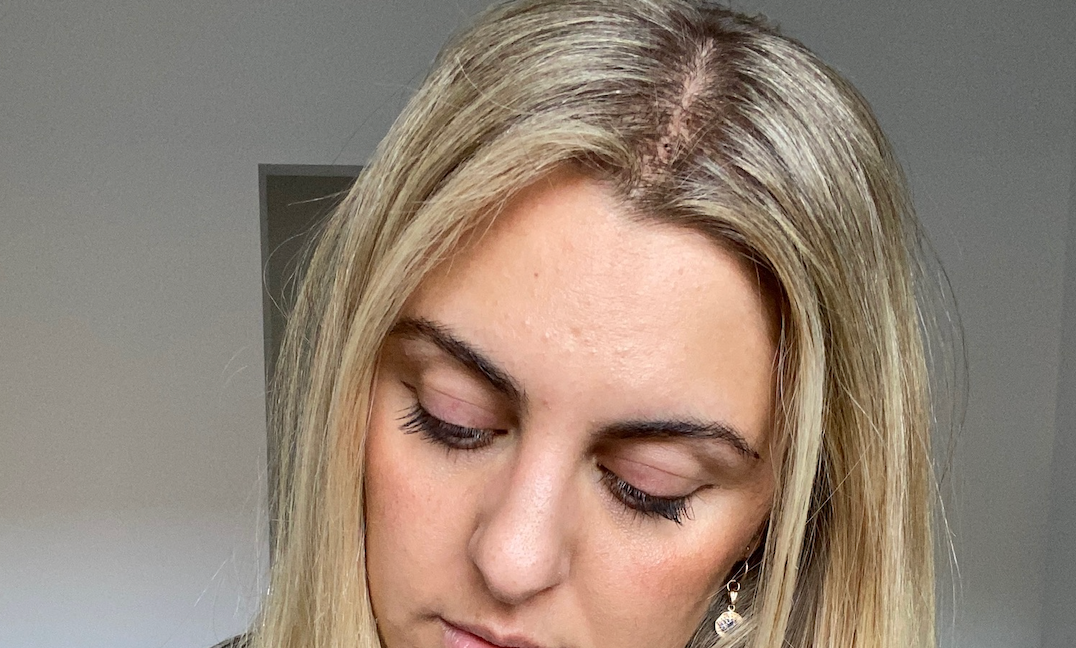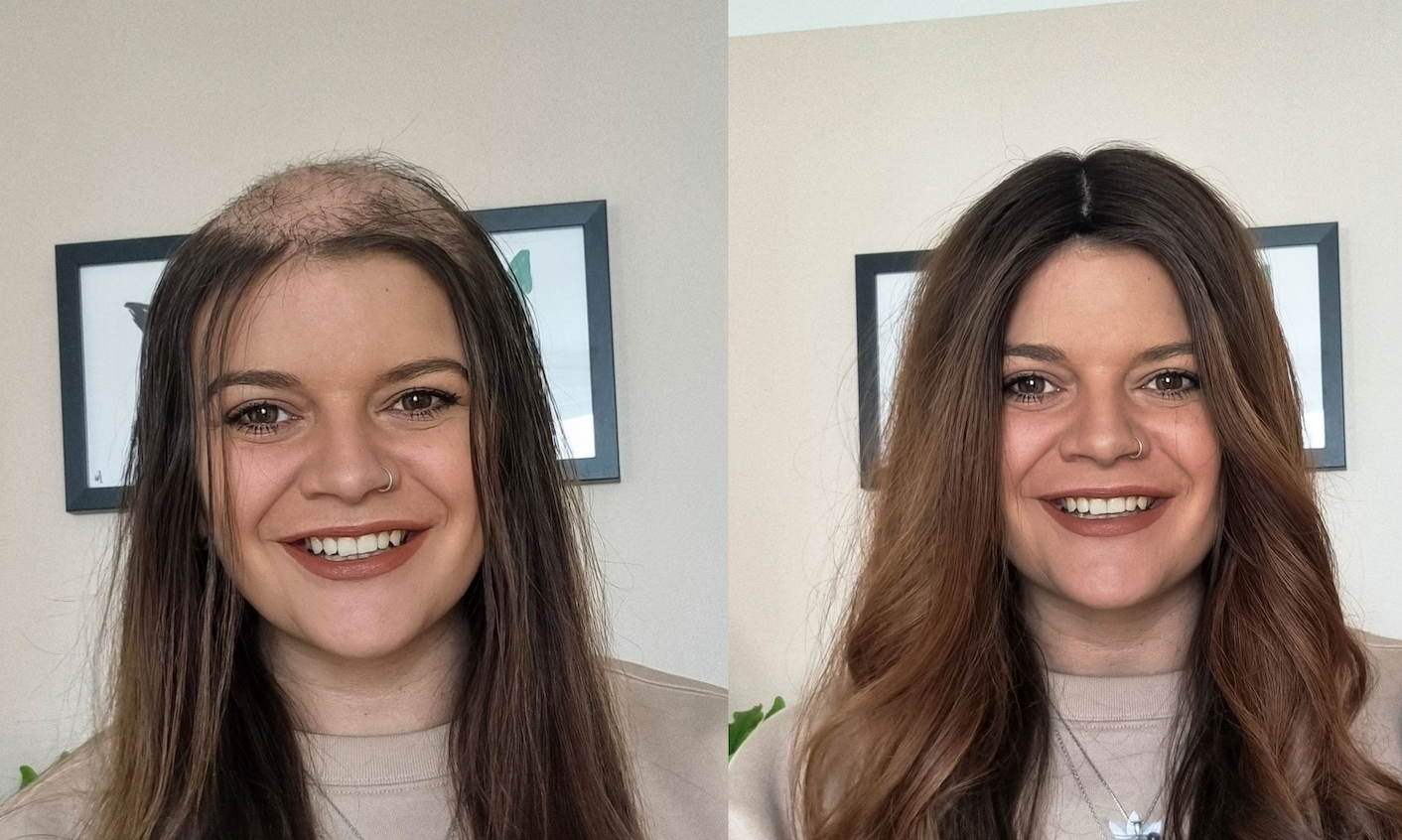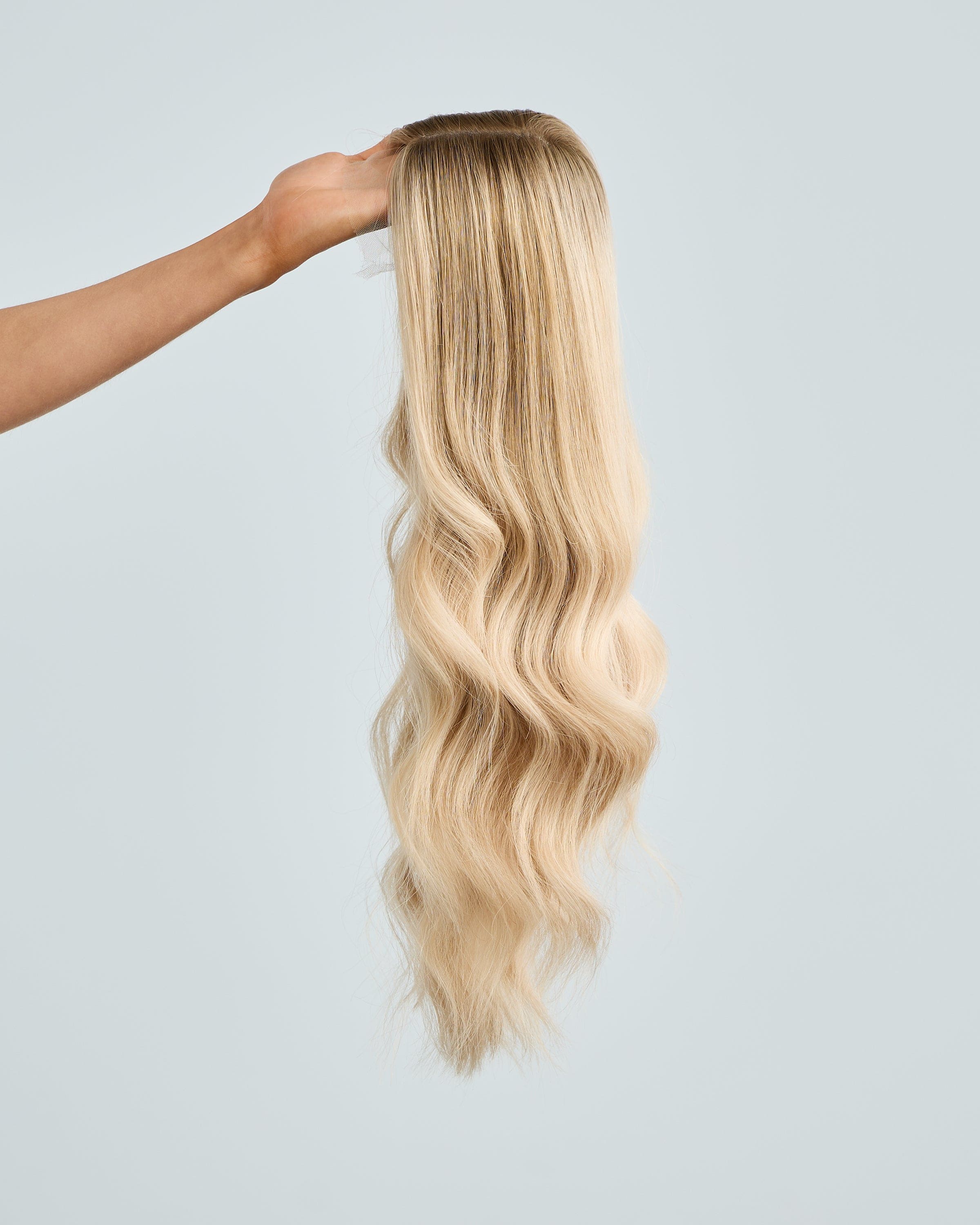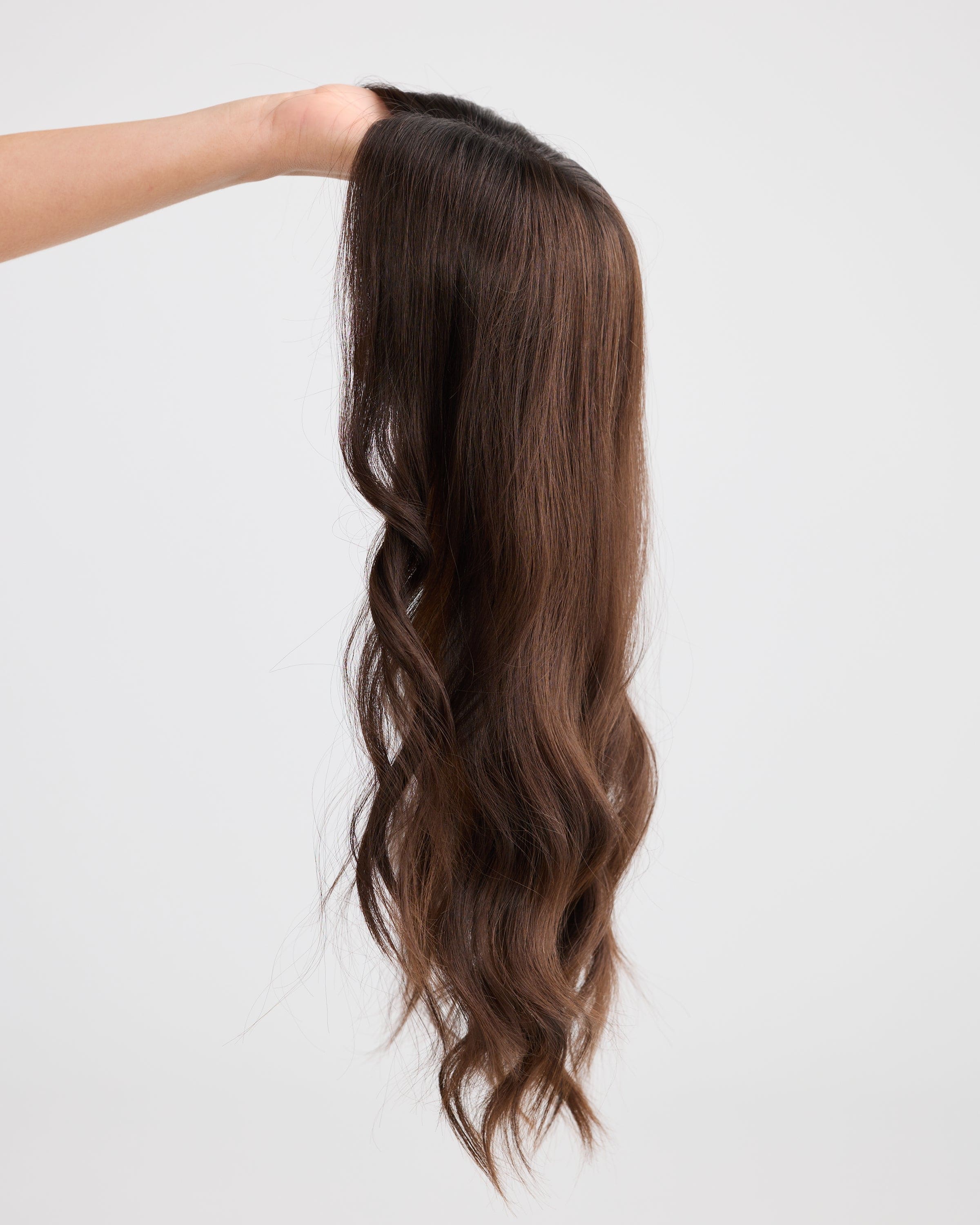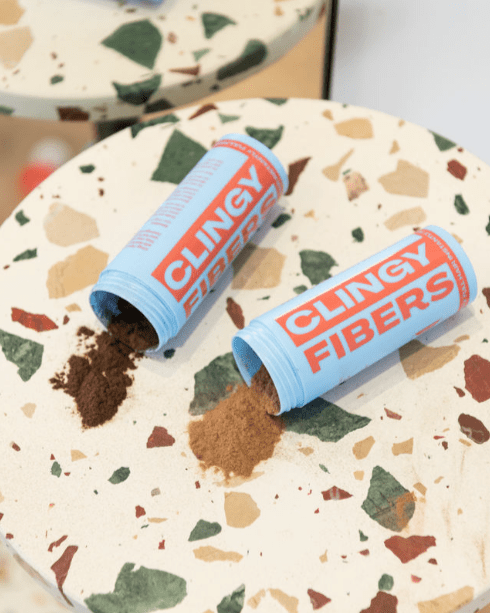Let's chat about a topic that's as evergreen as the plant itself: rosemary oil and hair loss. If you've dipped your toes into the vast ocean of natural hair loss remedies, you've likely heard whispers (or full-blown testimonies) about rosemary oil's magical ability to regrow hair. But when it comes to androgenic alopecia, the plot thickens – or rather, the hair doesn't.
First up, let's break down androgenic alopecia. It's the most common form of hair loss and, my friends, it's not just a simple case of your strands taking a personal day. It's your hair follicles getting a bit sensitive to androgens (male hormones that women have too, FYI), which causes them to shrink, leading to thinner hair and, eventually, a vacant lot where your lush hair used to be.
Now, on to the rosemary oil. Studies have been done, absolutely. There's one that's often cited where rosemary oil went head-to-head with minoxidil, a well-known hair loss medication. Some saw improvements, which is fantastic – but let's sprinkle a little context on that. These studies? They're often small and not as robust as we'd like. Plus, androgenic alopecia is a tricky beast. It's like trying to put out a bonfire with a water pistol. Might help a bit, but you'll probably need more firepower.
So, there's this one study that's been making rounds in the hair loss community like the latest gossip at a high school reunion. Published in the journal "Skinmed" in 2015, researchers put rosemary oil in the ring with 2% minoxidil, which is the FDA-approved go-to for treating androgenic alopecia. Over the course of six months, they observed that both groups had significant hair growth. Hold the phone, right? Well, not so fast.
While this sounds like a breakthrough, it's crucial to remember that this was a single study, relatively small in scale, with 50 participants split into two groups. That's like trying to decide if a movie is good based on a handful of reviews. What's more, the study didn't solely focus on androgenic alopecia, which, remember, is our main contender here.
Now, the reason rosemary oil isn't the end-all for androgenic alopecia is rooted in the condition's mechanism. This type of hair loss is due to the sensitivity of hair follicles to dihydrotestosterone (DHT), a byproduct of testosterone. DHT shrinks the hair follicles, leading to thinner hair and, eventually, no hair. While rosemary oil may improve blood circulation and has anti-inflammatory properties, there's no direct evidence that it can counteract the effects of DHT on the follicle.
In the grand scheme of scientific research, we're still waiting on the large-scale, long-term studies that can give us a clear verdict on rosemary oil for androgenic alopecia. Until then, while it might boost hair health in general (which is great for your remaining locks), it's not a certified warrior against the specific hormonal onslaught of androgenic alopecia.
Rosemary oil is adored for its anti-inflammatory properties and its ability to improve circulation. So, it could give the illusion of thicker hair by reducing inflammation. But when it comes to those pesky androgens having a field day on your scalp, rosemary oil is like bringing a knife to a gunfight. It's just not equipped to tackle the hormonal merry-go-round that's at the core of androgenic alopecia.
So why doesn't it work miracles for everyone? Well, hair loss is a complex crown to wear. It's not just about one factor; it's a web of genetics, hormones, and sometimes just bad luck. And while natural remedies are a soothing balm for the soul, they often don't have the scientific muscle to go the distance in the race against hair loss.
Now, if you love the scent of rosemary and it makes you feel like you're wandering through a herb garden in Tuscany, by all means, keep it in your hair care routine. But when it comes to androgenic alopecia, it's often not enough to reverse the tide.
What's important is finding something that makes you feel good, that adds to your confidence, and that works for you. Whether that's a hair topper that sits just right or a wig that has you flipping your hair like you're in a shampoo commercial, that's where the real magic happens. Because, at the end of the day, how you feel when you step out the door is what truly matters. And that, lovely people, is something no oil or potion can provide.


